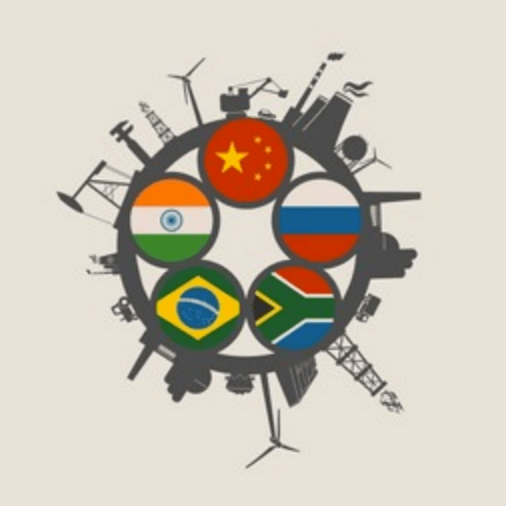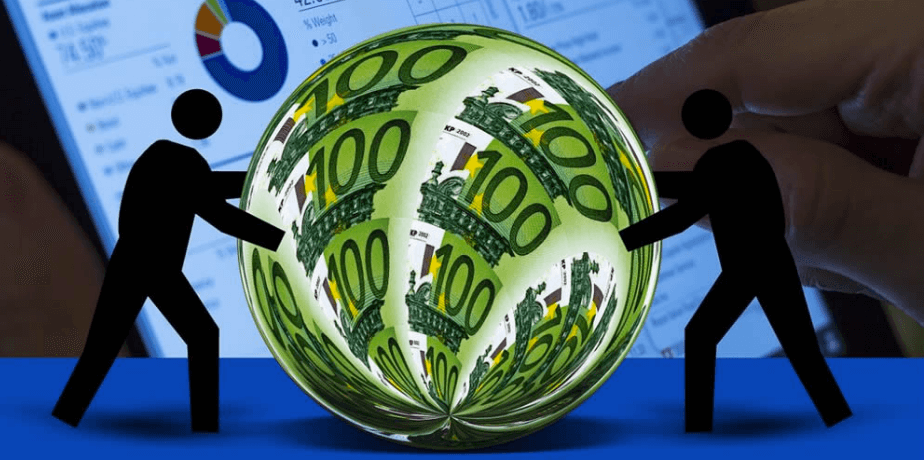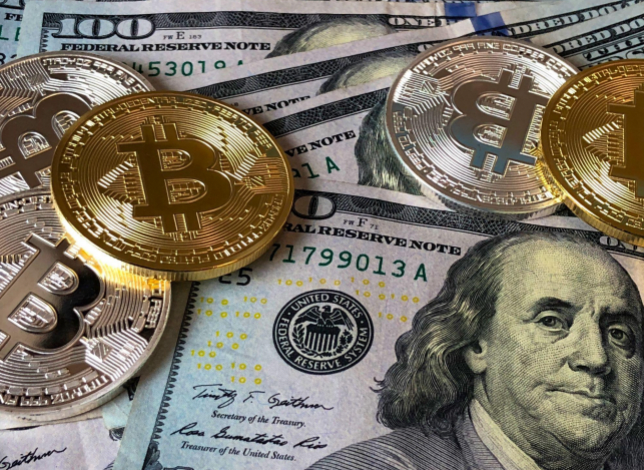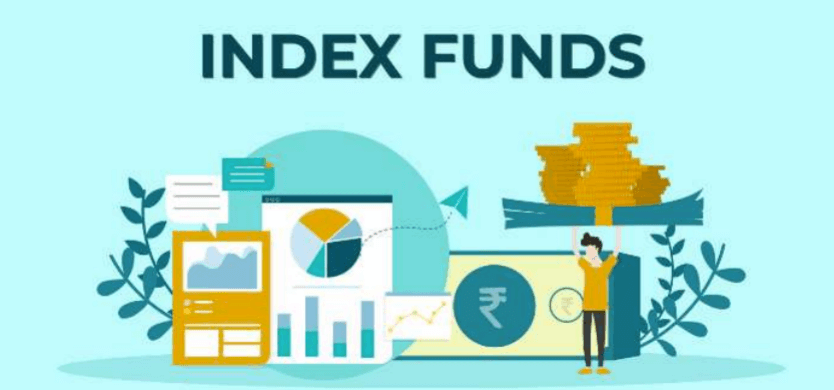All investors know to buy low and sell high. But for those blue-chip investors hoping for a big return on capital, they may have to wait months, if not years, to see their picks rise sharply. As a result, aggressive investors often turn to stocks of smaller companies that are traded in less developed markets, hoping to realize a large capital gain as soon as possible. Typically, we can find such companies in frontier and emerging markets, although there are some differences in the two markets.

Emerging Markets
Stocks that are traded in emerging markets are generally considered to be in "Less Economically Developed Countries (LEDCs)". These countries are not as economically powerful as the United States or Japan, but they are trying to build a more mature market. In this market, there is a higher risk, but at the same time, it can bring a very handsome reward.

Frontier Markets
There is no universal definition of a frontier market, but it is generally accepted that investing in frontier markets is investing in countries and regions whose economies lag behind emerging market countries, many of which do not have their own stock markets. Morgan Stanley lists 28 countries under this market category, including Croatia, Tunisia, Pakistan and Kenya, among others. Frontier markets are also considered to be the riskiest investment classification in the world now. These markets have the smallest number of investors, the smallest variety of investment products, and some countries don't even have their own stock markets. Investment options in the frontier markets are currently dominated by financial, telecommunications and consumer goods companies that receive monthly payments from customers. These investments are extremely illiquid, lacking transparency, poorly regulated, and have high transaction fees. Investing in frontier markets may also involve political and exchange rate risks, so it is not suitable for novice investors.
Although in global markets, frontier markets and emerging markets belong to the same category, there are some differences between the two. Emerging markets are more liquid and stable than frontier markets. But over time, some financial analysts believe emerging markets have now developed to a point where they are at least in step with the U.S. market, so they may not be able to provide as much diversification as they did in the past. For long-term investors looking for some investment products that have little correlation with the global market, they could consider the frontier markets.

While investing in frontier markets entails some substantial risks, it also has the potential to yield as high a return as emerging markets did between the 1990s and 2000s. Frontier markets account for about one-fifth to one-third of the world's population, and the economies of some regions are experiencing exponential growth, but they currently account for only 2% of the global economy, so they are still playing a relatively small role in the global economy. Some economists believe that companies in frontier markets like Africa (including most of the continent's countries) will experience the next world economic explosion, just like the United States and Pacific Rim countries (such as Japan) at the time. The chief global economist at Renaissance Capital believes that sub-Saharan Africa will grow nearly 15-fold over the next 35 years, from $2 trillion to $29 trillion. However, for now, emerging markets can provide higher capital gains, lower risks and higher liquidity than frontier market investments. In the long run, aggressive investors can try to invest in both markets.





